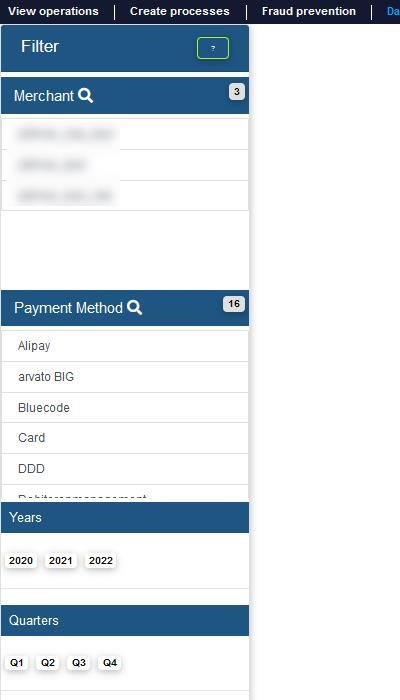
In today’s fast-paced digital world, managing finances efficiently and securely is crucial. The rise of e-commerce and digital payments has created a demand for flexible and convenient payment options. This is where non-VBV (Bank Verification) credit cards, sometimes referred to as unverified credit cards or credit cards without bank verification, come into play. However, it’s vital to approach this topic with caution and a strong understanding of the implications.
Understanding Non-VBV Credit Cards
Non-VBV credit cards are generally not credit cards in the traditional sense. They don’t offer the same credit-building opportunities or extensive credit limits as traditional bank-issued cards. Instead, they offer alternative ways to manage your spending and make online purchases. Let’s explore some common types:
Types of Non-VBV Payment Options:
- Prepaid Credit Cards: These cards require you to load funds upfront. They offer a simple way to control spending and avoid debt. They’re ideal for spend management and online spending. They often don’t require a credit check, making them accessible to a wider range of users.
- Virtual Credit Cards: These are digital-only cards, perfect for secure online payments and e-commerce payments. They provide an added layer of security by shielding your primary card details. Many virtual cards are linked to existing accounts, but some offer limited pre-paid functionality without extensive verification.
- Secured Credit Cards: These require a security deposit, which acts as your credit limit. They’re excellent for individuals building or rebuilding their credit. While they might involve some verification, the requirements can be less stringent than with unsecured cards.
It’s important to note that terms like «anonymous credit cards» or «no verification credit cards» often refer to prepaid or virtual cards with minimal verification requirements. However, true anonymity is rare and carries significant security risks.
Benefits of Non-VBV Payment Options
Non-VBV options can offer several advantages:
- Instant Approval: Many prepaid and virtual cards offer instant approval, providing immediate access to funds.
- Easy Approval: They often have less stringent requirements than traditional credit cards, making them accessible even for those with bad credit. They are considered alternative credit cards and easy approval credit cards in this context.
- Enhanced Security: Virtual cards, in particular, offer a significant boost to secure online payments, protecting your primary card details.
- Spend Management: Prepaid cards help with spend management, preventing overspending and promoting responsible spending.
Cautions and Considerations
While convenient, it’s crucial to exercise caution:
- Fees: Many prepaid cards have associated fees, such as activation fees, monthly maintenance fees, and ATM fees. Carefully review the fee structure before choosing a card.
- Limited Credit Building: Prepaid cards typically don’t help build credit history, unlike secured credit cards.
- Security Risks: While virtual cards enhance security, it’s still vital to practice responsible spending and protect your card information.
- Legitimate Providers: Be wary of illegitimate providers offering «anonymous credit cards» or cards with overly simplified verification processes. Choose reputable and established financial institutions.
Non-VBV credit cards, particularly prepaid and virtual cards, offer a modern solution for managing your finances, especially for online spending and digital payments. However, it’s crucial to understand their limitations and choose a reputable provider. By practicing responsible spending and understanding the terms and conditions, you can leverage these options to achieve greater financial freedom.
